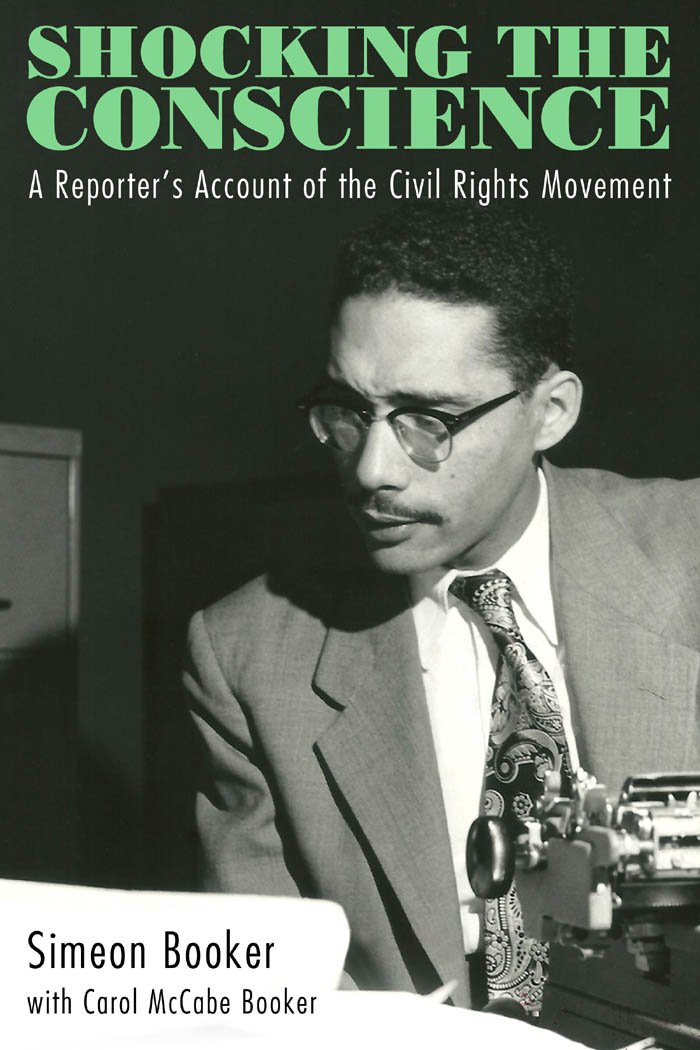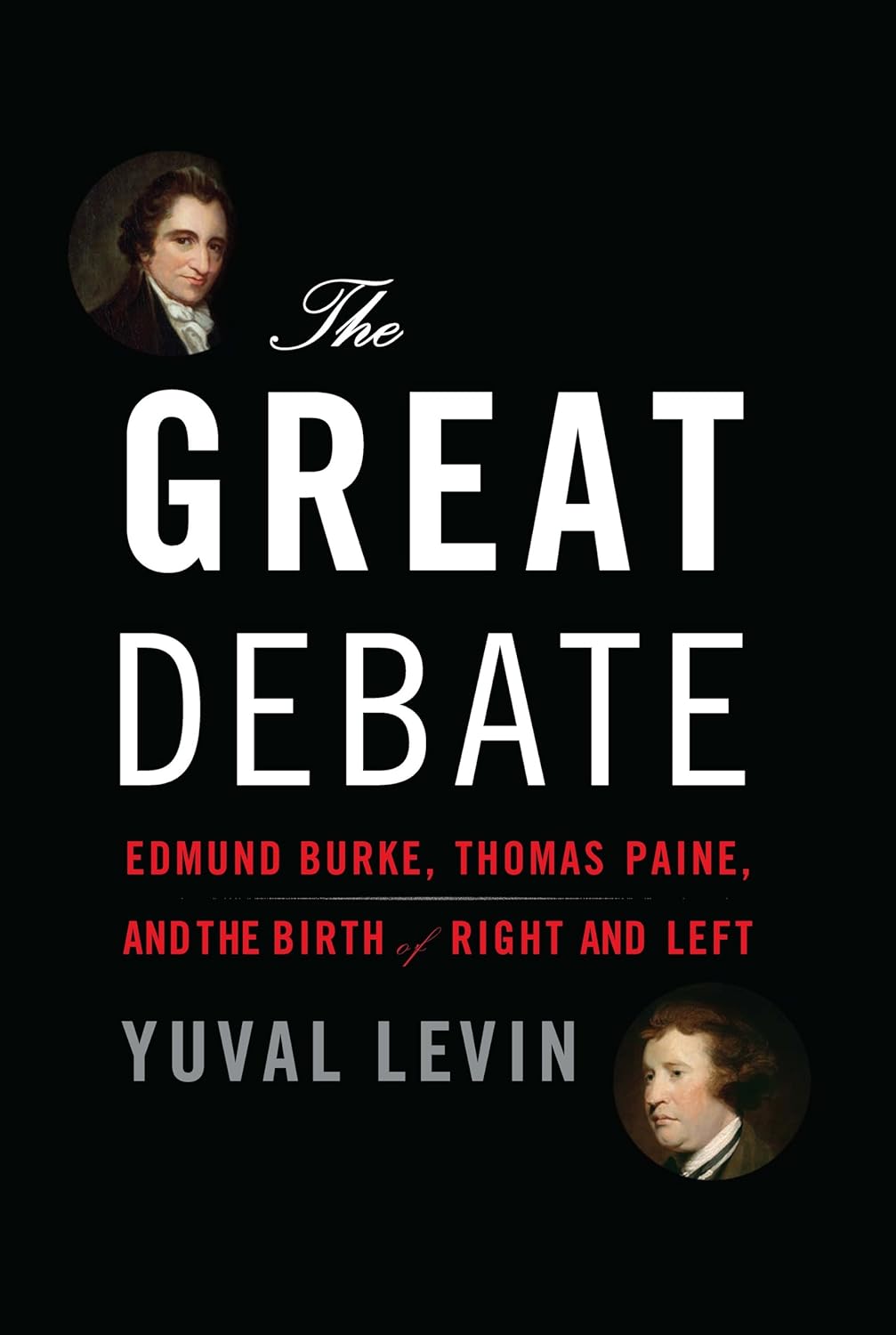Also on H-Net this week are two more reviews of interest. The first is a review of Peter Andreas's Smuggler Nation: How Illicit Trade Made America (Oxford University Press). And, Cynthia Harrison reviews Holly J. McCammon's The U.S. Women's Jury Movements and Strategic Adaptation: A More Just Verdict (Cambridge University Press)."For legal historians, however, the book’s format tempers its incidental value as a quasi-primary source in the history of the modern American death penalty. Many of Sheffer’s sources were in college or law school during the punitive turn of the 1980s and ’90s. Their memories could add depth to our understanding of the day-to-day operations of what Justice Harry Blackmun called “the machinery of death,” forming a more personal, ground-level complement to big-picture sociological and historical works like David Garland’s Peculiar Institution: America’s Death Penalty in an Age of Abolition (2010) and James Q. Whitman’s Harsh Justice: Criminal Punishment and the Widening Divide between America and Europe (2005) that ask why capital punishment has persisted in (parts of) the United States beyond its abolition in other Western democracies."
"Without question, the history of women’s service on juries has been neglected. It would perhaps be logical to assume that jury service came along with suffrage, that the Nineteenth Amendment had enrobed women with political rights in addition to the guarantee of suffrage. To the contrary, as Professor Holly J. McCammon shows in this exceedingly well-researched study, jury service for the most part fell under state rather than federal jurisdiction, resulting in different treatment in different states."
NPR talks about Robert Caro's Master of the Senate here.
"On All Things Considered, Toal suggests a biography of Lyndon B. Johnson to remind us that, even when arguments appear to be intractable, with the right amount of finess there's often a solution yet to be found. And below, Kate Tuttle turns to pictures, rhymes and one famous Doctor to warn of what happens when we let our worse natures get the better of us."
 The Washington Post reviews Shocking the Conscience: A Reporter's Account of the Civil Rights Movement (Univ. Press of Mississippi) by Simeon Booker and Carol McCabe Booker.
The Washington Post reviews Shocking the Conscience: A Reporter's Account of the Civil Rights Movement (Univ. Press of Mississippi) by Simeon Booker and Carol McCabe Booker.In the New York Times two Churchill books are reviewed: Churchill's Bomb: How the United States Overtook Britain in the First Nuclear Arms Race (Basic Books) by Graham Farmelo and The Roar of the Lion: The Untold Story of Churchill’s World War II Speeches (Oxford University Press) by Richard Toye.
 In the article "Just Deserts," Jennifer Szalai of the The Nation reviews three books: The Undeserving Poor: America’s Enduring Confrontation With Poverty (Oxford University Pressby Michael B. Katz; The Other America: Poverty in the United States (Scribner Book Company) by Michael Harrington; and The Great Escape: Health, Wealth, and the Origins of Inequality (Princeton University Press) by Angus Deaton.
In the article "Just Deserts," Jennifer Szalai of the The Nation reviews three books: The Undeserving Poor: America’s Enduring Confrontation With Poverty (Oxford University Pressby Michael B. Katz; The Other America: Poverty in the United States (Scribner Book Company) by Michael Harrington; and The Great Escape: Health, Wealth, and the Origins of Inequality (Princeton University Press) by Angus Deaton.Finally, Salon has published an excerpt from The Great Debate: Edmund Burke, Thomas Paine and the Birth of Right and Left” (Basic Books) by Yuval Levin.